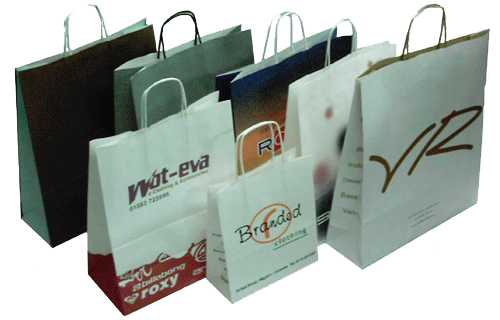Volunteers from Shropshire, Telford & Wrekin have issued a challenge to residents to try to waste less this Easter. Around 90 million chocolate eggs are sold in the UK each year and although manufacturers have made really good progress to reduce the amount of packaging that accompanies eggs and increased its recyclability in the past few years, official government estimates suggest that Easter eggs alone create about 3,000 tonnes of 'eggstra' waste each year across the UK.

As such, here's some handy hints to help you reduce waste this Easter and save money in the process.
1. Make your own eggs
Instead of buying an Easter egg, why not make a chocolate egg instead? This can be done with just some melted chocolate and a mould, and will save you an average of £2.50 per egg!
2. Choose eggs with minimal packaging
Most supermarkets sell eggs wrapped only in foil. There are also eggs with recyclable packaging, which include materials that can be more easily recycled by councils, this helps keep your Council tax bill lower!
3. Think before buying ingredients for treats
Plan your Easter meals based on what you already have in your cupboard. Buying twice as much as you need leads to unnecessary waste. Visit www.lovefoodhatewaste.com for more hints and tips to save you money.
4. Reuse leftovers
Turning your leftovers into separate meals will save on waste and save you money on your food bill. The average family in Shropshire could save about £60 a month by reducing food waste!.
5. Don’t send an Easter card
Every year around a million cards are sent over Easter in the UK. Many of them end up in landfill after a few days. E-cards and social media offer environmentally friendly alternatives which save you money on postage costs too!
6. Be aware of disruption to your bin collection
With all the bank holidays, there will be changes to bin collection schedules. Check your local council’s website to be sure and it could save you a trip to the tip!



















